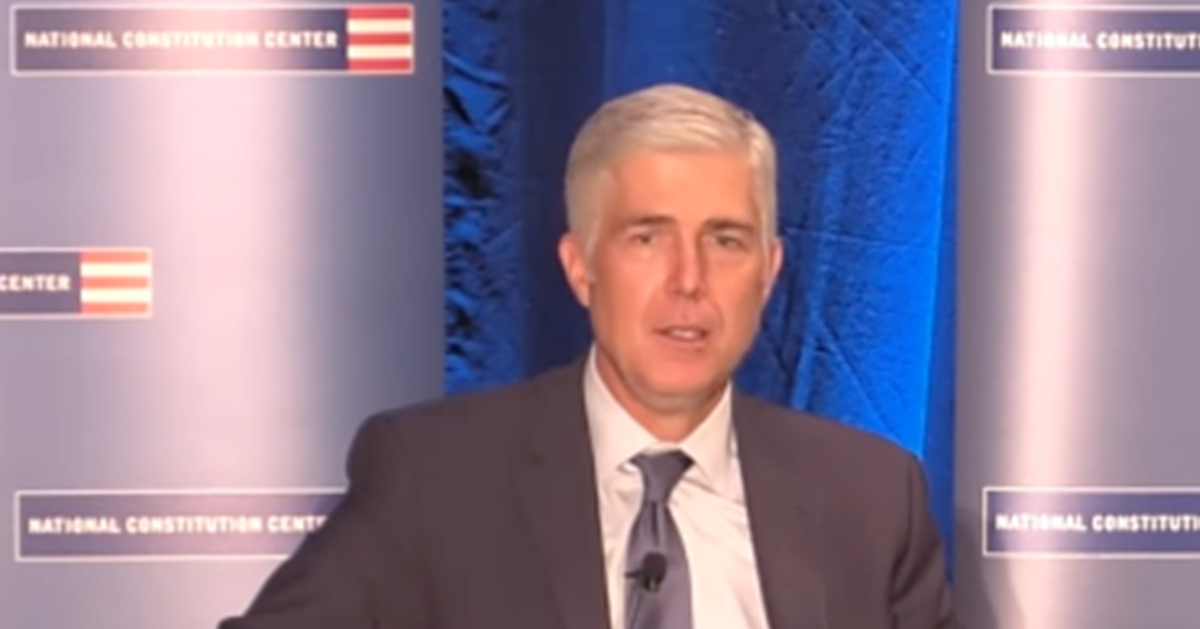Joe Biden, First Lady Furious After Being Pushed Aside by DNC
President Joe Biden’s late-night speech at the Democratic National Convention (DNC) revealed growing divisions within the Democratic Party, particularly between himself and former House Speaker Nancy Pelosi.
Reports are emerging that the president and his wife, first lady Jill Biden, are increasingly bitter about the manner in which they have swiftly been cast aside by the Democratic Party in favor of Vice President Kamala Harris and may be looking for a method of revenge, as the Post Millennial reports.
Joe Biden’s address, focused on his opposition to Republican presidential candidate Donald Trump, ended with a much smaller television audience due to its late start, leaving many to question the timing and impact of the speech.
Biden was initially scheduled to speak at 10:30 p.m., but his speech did not begin until after 11 p.m., finishing just past midnight. By the time he concluded, many viewers had already tuned out, diminishing the reach of his remarks. Following his speech, Biden reportedly appeared visibly shaken, and there were reports that he struggled to disembark from Air Force One when he arrived in California.
Pelosi’s Alleged Pressure on Biden
Behind the scenes, tensions between Biden and Pelosi had been brewing for some time. Reports from the Daily Mail suggested that Pelosi was instrumental in pressuring Biden to withdraw from the presidential race. The situation reached a climax when Biden allegedly penned a letter the following day announcing his decision to step down, a move about which both he and Jill Biden were reportedly furious.
Pelosi’s tactics included a threat to publicly express her lack of confidence in Biden’s ability to continue as the party’s nominee. This, combined with other mounting political pressures, seemed to push Biden toward making his withdrawal official.
Obama’s Lukewarm Support Adds to Biden’s Struggles
Adding to Biden’s woes, former President Barack Obama and former first lady Michelle Obama showed minimal enthusiasm for his candidacy. Notably, Michelle Obama made no mention of Biden in her speech at the DNC, a pointed omission that underscored the lukewarm support from the Obamas.
Reports also indicated that Michelle Obama had no plans to campaign for Biden in the upcoming months, further isolating the sitting president within his own party. This lack of support from key Democratic figures, combined with Pelosi’s actions, left Biden in a precarious political position.
Speculation Surrounding Biden’s Endorsement of Harris
Amid these internal party conflicts, Biden made a strong endorsement of Harris. Some observers speculated that this move was an effort to prevent Michelle Obama from seizing a political opportunity, as there had been ongoing rumors about her potential interest in higher office.
Biden’s endorsement of Harris, however, did not come without its own complications. Pelosi and Harris have reportedly had a contentious relationship, which may have played a role in Biden’s decision to back his vice president so publicly.
This tension between Pelosi and Harris only added another layer of complexity to the already strained dynamics within the Democratic leadership.
Biden’s Uncertain Future After Stepping Down
In the aftermath of Biden’s withdrawal from the race, there were questions about the president’s future role within the Democratic Party. While Biden has not publicly confirmed the exact reasons behind his decision, the influence of Pelosi’s behind-the-scenes maneuvering is hard to ignore.
When asked whether he was angry with Pelosi, Biden offered a vague response, stating, “No, I haven’t spoken to her.” His ambiguous answer left much open to interpretation, particularly in light of the reported friction between the two powerful political figures.
Pelosi and the Obamas Shape the DNC’s Direction
With Biden stepping aside, the focus has shifted to the power dynamics between Pelosi and the Obamas. Pelosi reportedly enjoyed Michelle Obama’s speech at the DNC, which drew attention for its avoidance of any direct support for Biden. This development, along with Barack Obama’s contentment with Harris as a potential nominee, suggests a reshaping of the party’s leadership.
The future of the Democratic ticket now seems to rest largely in the hands of Harris, with Pelosi and the Obamas playing pivotal roles in shaping the party’s direction going forward.
Conclusion
President Joe Biden’s withdrawal from the Democratic presidential race, influenced by internal party tensions, particularly with Nancy Pelosi, has left the Democratic Party at a crossroads.
With Barack and Michelle Obama showing limited support for Biden, and Pelosi asserting her influence, the future of the party’s leadership remains uncertain.
Biden’s endorsement of Kamala Harris adds another layer of complexity to the situation, as the party navigates these internal conflicts in the lead-up to the 2024 election.



